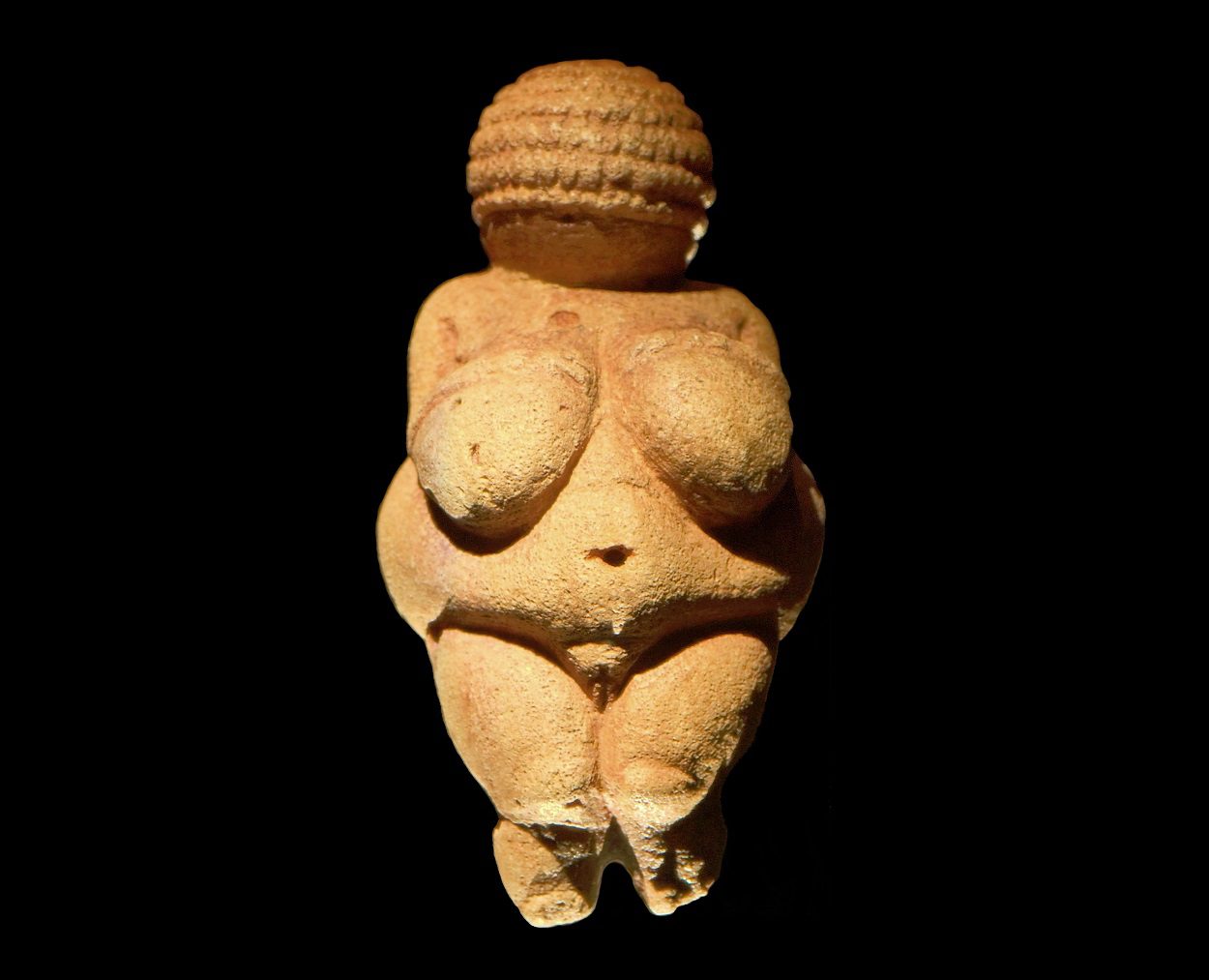A study conducted by CNRS has determined who the first modern humans to settle in Europe were.
Around 38,000 to 40,000 years ago, modern humans replaced the pre-existing human ancestries in Europe following a major climatic crisis coupled with a super-eruption from the Phlegraean Fields volcano near Naples.
To determine who these modern humans settlers were, researchers from the National Centre for Scientific Research (CNRS) analysed the genomes of two 36,000 to 37,000 year old skull fragments found at the Buran Kaya III archaeological site.
Buran-Kaya III is a rock shelter overhanging the Burulcha River, located in the Belogorsk region of Crimea. Previous studies of the shelter have uncovered a stratigraphic sequence extending from the Middle Palaeolithic to the Neolithic.
In a paper published in the journal Nature Ecology & Evolution (Genome sequences of 36-37,000 year-old modern humans at Buran-Kaya III in Crimea), a comparison of the skull fragments was made with human DNA banks, revealing a genetic proximity of these individuals and a similarity to Gravettian-associated individuals found several thousand years later in southwestern Europe.
The Gravettian culture were hunter-gatherers that emerged around 31,000 BP until 23,000 BP close to the Last Glacial Maximum. The culture is most known for the production of Venus type female statuettes, including the Venus of Brassempouy, one of the earliest known realistic representations of a human face.
According to the researchers: “The lithic tools found at the Buran Kaya III site also resemble some of the Gravettian assemblages, although they lived 6,000 and 5,000 years earlier. The individuals studied here therefore contributed genetically and technologically to the population that gave rise to this [Gravettian] civilisation.
Header Image – Gravettian Venus – Image Credit : Matthias Kabel – CC BY 2.5 DEED





